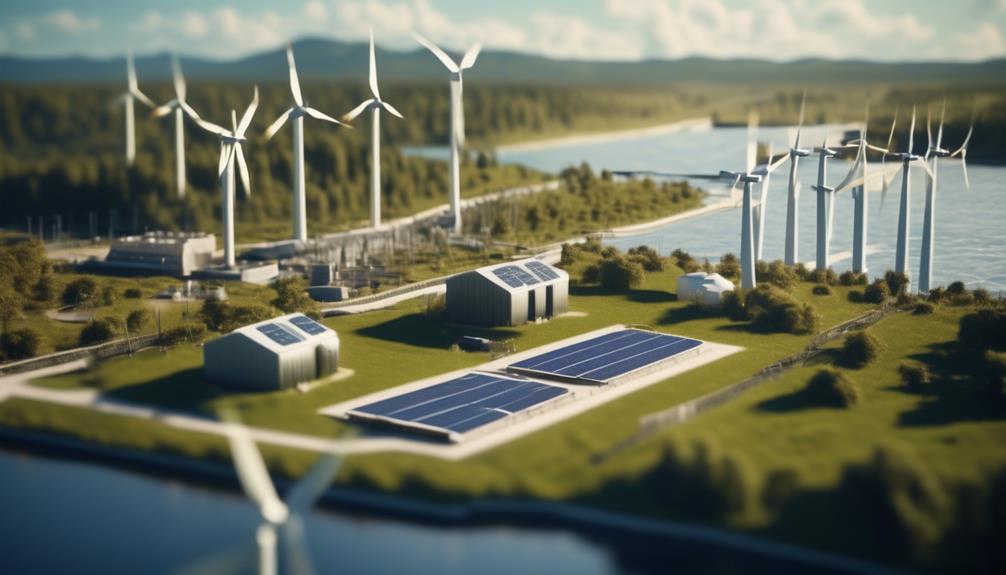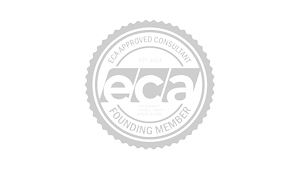In the dynamic realm of contemporary business, the quest for renewable energy contracts symbolises a pivotal shift towards sustainability and operational excellence. As organisations increasingly recognise the urgent need to align with global environmental objectives, the allure of renewable energy’s benefits—from financial savings to enhanced brand integrity and reduced carbon footprints—becomes impossible to ignore.
Yet, amidst this pursuit lies a labyrinth of complexities and strategic decisions, each demanding meticulous attention to ensure alignment with corporate sustainability goals and financial health.
With a seasoned perspective on the intricacies of renewable energy procurement, this discussion is tailored for leaders who seek not only to navigate these waters but to emerge victorious. By understanding the nuanced challenges you face—from identifying the right energy sources to negotiating contracts that serve your long-term interests—we aim to equip you with the insights necessary for making informed decisions.
As we delve into the benefits, considerations, and strategies crucial for securing renewable energy contracts, let this serve as your guide to transforming energy procurement into a cornerstone of your business’s sustainability and success strategy. Rest assured, the journey to a clean energy future, though complex, is within reach, and the following insights will illuminate the path forward.
Key Takeaways
- Renewable energy contracts offer reliable and stable sources of sustainable energy, contributing to greenhouse gas emission reduction and combating climate change.
- Sourcing renewable contracts requires evaluating available options, analysing pricing structures, seeking specialist advice, and gaining senior stakeholder agreement.
- Securing renewable energy contracts involves being prepared, engaging early with electricity suppliers, and having a clear view of forward projected demand.
- Negotiating renewable contracts requires building strong relationships, understanding credit position, aligning contracted volume with future demand, exploring peer-to-peer trading, and fostering open communication.
Benefits of Renewable Energy Contracts
Renewable energy contracts offer businesses a reliable and stable source of sustainable energy while also contributing to greenhouse gas emission reduction and combating climate change. These contracts provide several advantages to businesses, making them an attractive option for those seeking long-term energy solutions.
One key advantage of renewable energy contracts is their sustainability impact. By sourcing energy from renewable sources such as wind, solar, or hydro power, businesses can significantly reduce their carbon footprint. This not only helps combat climate change but also aligns with the growing consumer demand for environmentally responsible practices. By demonstrating a commitment to environmental stewardship, businesses can enhance their brand reputation and attract a wider customer base.
Another advantage of renewable energy contracts is the long-term price stability they offer. Unlike conventional energy sources, which are subject to fluctuating fuel costs, renewable energy prices remain relatively stable over time. This stability allows businesses to plan their energy budgets effectively and mitigate financial risks associated with volatile energy markets.
Key Considerations for Sourcing Renewable Contracts
When considering sourcing renewable contracts, businesses must carefully evaluate key factors to ensure successful implementation and maximise the benefits of sustainable energy solutions. One of the first considerations is the available renewable contract options. It is important to assess the various types of contracts, such as power purchase agreements (PPAs) and contract for difference (CfD) schemes, to determine which best aligns with the organisation’s goals and requirements.
Additionally, renewable contract pricing is a crucial factor to consider. Businesses should thoroughly analyse the pricing structure of renewable contracts, taking into account factors such as market volatility and potential savings compared to traditional energy sources. Seeking specialist advice can help identify risks and save money when contracting renewable energy.
It is also essential to gain senior stakeholder agreement and clearly communicate the logic for pursuing renewable contracts. Early engagement with electricity suppliers is recommended, as it allows businesses to have a clear view of forward projected demand and negotiate favourable terms.
Steps to Secure Renewable Energy Contracts
To successfully secure renewable energy contracts, businesses must carefully navigate the contracting process and consider various important steps. These steps include being prepared and understanding what a good deal looks like, seeking specialist advice to identify risks and save money, gaining senior stakeholder agreement, engaging with electricity suppliers early in the process, and having a clear view of forward projected demand.
The table below provides a visual representation of these steps:
| Steps to Secure Renewable Energy Contracts | |
|---|---|
| Be Prepared | Understand what a good deal looks like when contracting a CPPA. |
| Seek Specialist Advice | Identify risks and save money during the CPPA contracting process. |
| Gain Senior Stakeholder Agreement | Clearly communicate the logic for contracting a CPPA. |
| Engage with Electricity Suppliers Early | Involve electricity suppliers early in the process of securing renewable energy contracts. |
| Have a Clear View of Forward Projected Demand | Ensure successful CPPA contracting by having a clear understanding of future energy demand. |
Expert Tips for Negotiating Renewable Contracts
After carefully navigating the contracting process and considering the necessary steps, businesses can optimise their negotiation of renewable energy contracts by implementing expert tips. Here are four key tips to keep in mind when negotiating renewable contracts:
- Build Strong Relationships:
Developing strong relationships with electricity suppliers and other stakeholders is crucial in negotiating favourable contract terms. By fostering open communication and understanding their processes, businesses can ensure that their supply agreement is suitable and aligned with their renewable energy goals.
- Understand Credit Position:
Credit plays a significant role in contract negotiations, so it’s essential to assess your credit position early in the process. By having a clear understanding of your creditworthiness, businesses can be better positioned to negotiate more favourable terms and potentially save money during the contracting process.
- Align Contracted Volume with Future Demand:
Having a clear view of your forward demand profile is crucial in negotiating renewable energy contracts. By ensuring that the contracted volume matches your anticipated future demand, you can avoid overpaying or under-utilising the renewable energy resources.
- Explore Peer-to-Peer Trading:
Peer-to-peer trading offers an innovative approach to securing green energy contracts. By matching energy generators and consumers based on supply and demand, businesses can secure cost-effective and sustainable energy contracts that meet their specific needs.
Ensuring Long-Term Success With Renewable Contracts
Ensuring long-term success with renewable contracts requires careful preparation, specialist advice, stakeholder agreement, and early supplier engagement. It is crucial to understand the potential risks and pitfalls associated with renewable contracts in order to mitigate them effectively. To help you navigate this process, consider the following table:
| Renewable Contract Risks | Mitigation Strategies |
|---|---|
| Uncertain regulatory environment | Stay informed about policy changes and adapt contracts accordingly |
| Volatile energy prices | Include price adjustment mechanisms in contracts to mitigate risks |
| Technology and project performance | Conduct thorough due diligence on renewable assets and suppliers |
| Counterparty credit risk | Perform credit assessments and require financial guarantees |
| Inadequate contract terms | Engage legal experts to ensure contract terms are comprehensive and fair |
| Operational challenges | Regularly monitor and communicate with suppliers to address any issues |


















